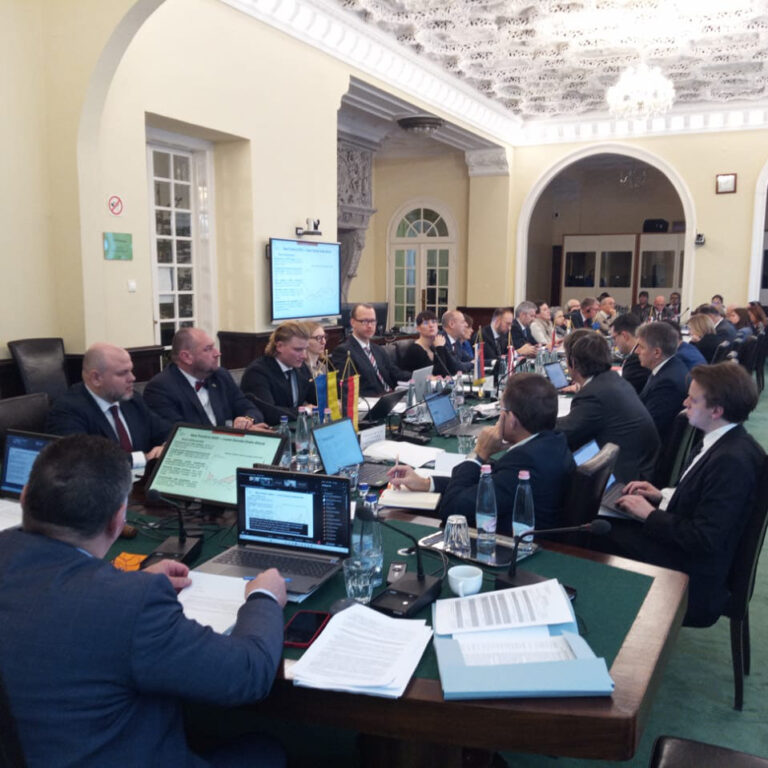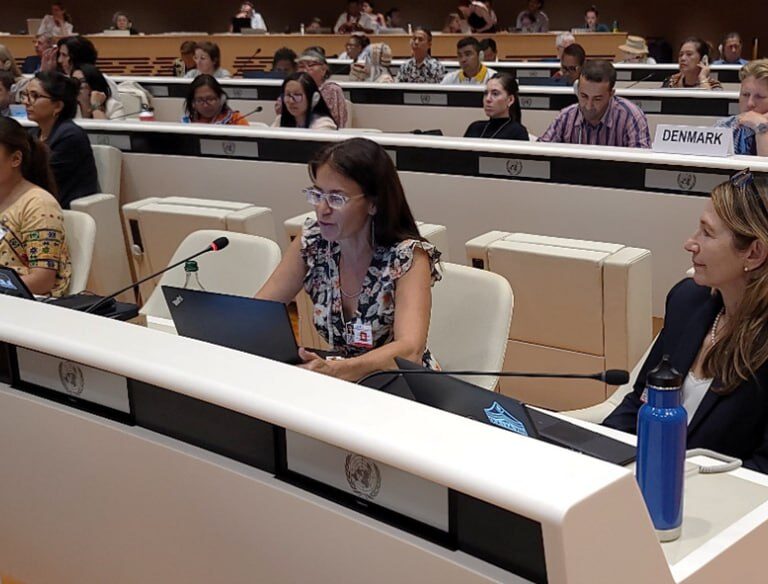As our Association has already reported, Russian aggression today poses a threat not only to Ukraine and European security, but also to ecological systems, in particular, regarding climate change. This issue was raised in our research submitted in 2022 to the UN Special Rapporteur on the promotion and protection of human rights in the context of climate change.
It was also discussed by our Association’s expert, Professor Boris Babin at the November UN Climate Change Summit (COP27), in Egyptian Sharm el-Sheikh, within the framework of the event “Impact on Climate Change: Crimea, Indigenous Peoples and International Crimes”.
An additional analysis of the criminal and terrorist policy of the Kremlin allowed the experts of our Association to conclude that global warming is not a “side effect” of Russian aggression, but has become one of its goals.
The fact is that a sharp increase in greenhouse gas emissions, both as a result of large-scale hostilities and through a hypothetical increase in the use of carbon-based energy carriers, is directly welcomed by the Kremlin ideologists as an alleged means of “improving the climate of Siberia and the Far East” and also “strengthening the corresponding transport logistics” especially on the Northern Sea Route.
Based on previous developments, our Association held a separate informing of authorized international institutions on this issue.







